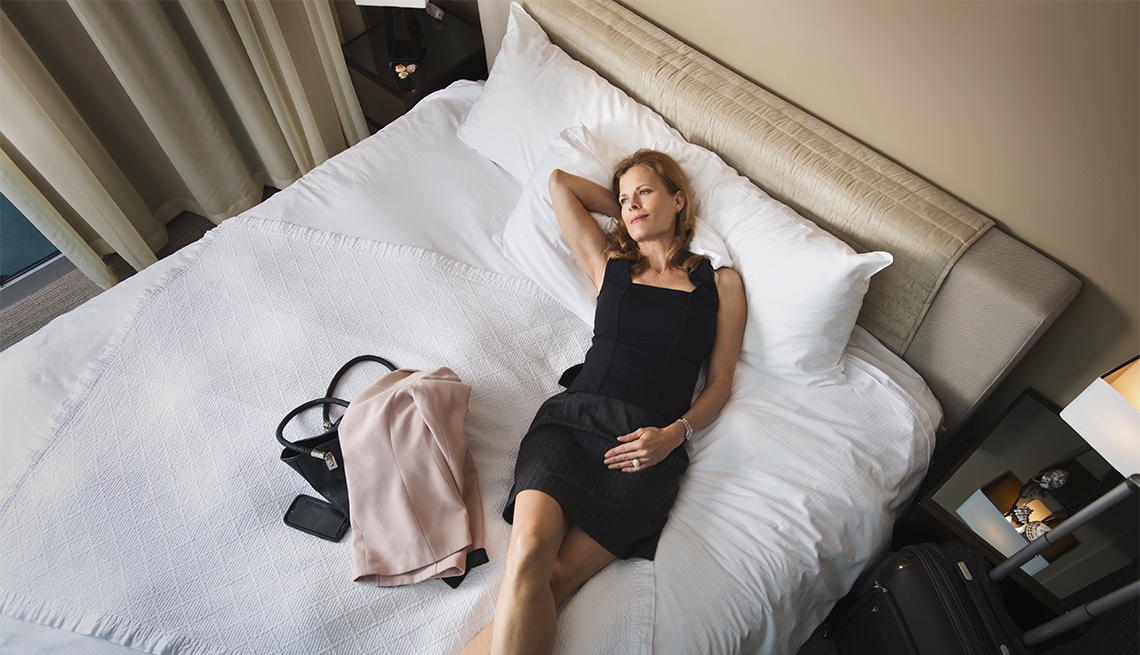
How to secure a quiet hotel room
- Select a language for the TTS:
- UK English Female
- UK English Male
- US English Female
- US English Male
- Australian Female
- Australian Male
- Language selected: (auto detect) - EN
Play all audios:

Hotels are getting more crowded as the pandemic subsides, and with that comes noise. If you’re looking to decompress and get a good night’s sleep, here are some steps you can take to
maximize your chance of getting a quiet room. RESEARCH THE WALLS Always read guest reviews on third-party travel websites to suss out hotels with persistent noise issues. Look for references
to thin walls, noisy plumbing, nearby trains or frequent parties. Also check Tripadvisor’s list of top hotels whose reviews mention quiet; you can find it by googling “quiet hotel” and your
destination city. And don’t be afraid to call a hotel you’re considering with questions: Does it have double-glazed windows? Central air-conditioning (which is typically quieter than room
units)? Designated quiet floors? GO WHERE THE CROWDS AREN’T Understanding the hotel’s typical clientele can help you find one that isn’t bursting at the seams. For business travel, book a
vacation hotel, which should be less busy on weekdays. For weekend leisure, hit a business hotel. And avoid hotels that frequently put up college sports teams or other large traveling
groups. FOCUS ON LOCATION Hotels in neighborhoods away from main entertainment districts or downtowns tend to be less noisy, says Hotels.com travel expert Melissa Dohmen. She also says that
on road trips, properties away from interstates and airports can be quieter. CHOOSE YOUR ROOM Within a hotel, get on the quieter side of a building by steering clear of elevators and
stairways, vending machines and the pool. In properties that host wedding receptions and other gatherings, ask for a higher floor, away from the ruckus. AVOID HOTELS UNDER RENOVATION A
no-brainer, right? But construction remains among the more frequent noise-related complaints in Hotels.com reviews. Keep an eye out for the renovation notices many hotels place on booking
sites and their own websites. UPGRADE? Consider bumping up your choice of accommodation, suggests hotel strategic planning consultant Adam Mogelonsky, who notes that noise issues tend to
lessen as you move up in star rating levels. COMMUNICATE State your preference for a quiet room the moment you reserve, whether directly with a hotel or via a third-party booking service;
the earlier you make the request, the more time and space a property has to honor it. Follow up with a phone call to inquire about the status of your request, and ask again when checking in.
If the room you’re assigned has potential noise problems because of its location, ask to be moved. If the front desk can’t do that, and you figure it’s not worth switching hotels, remember
the advice of many travel experts and always bring along a pair of foam earplugs.
